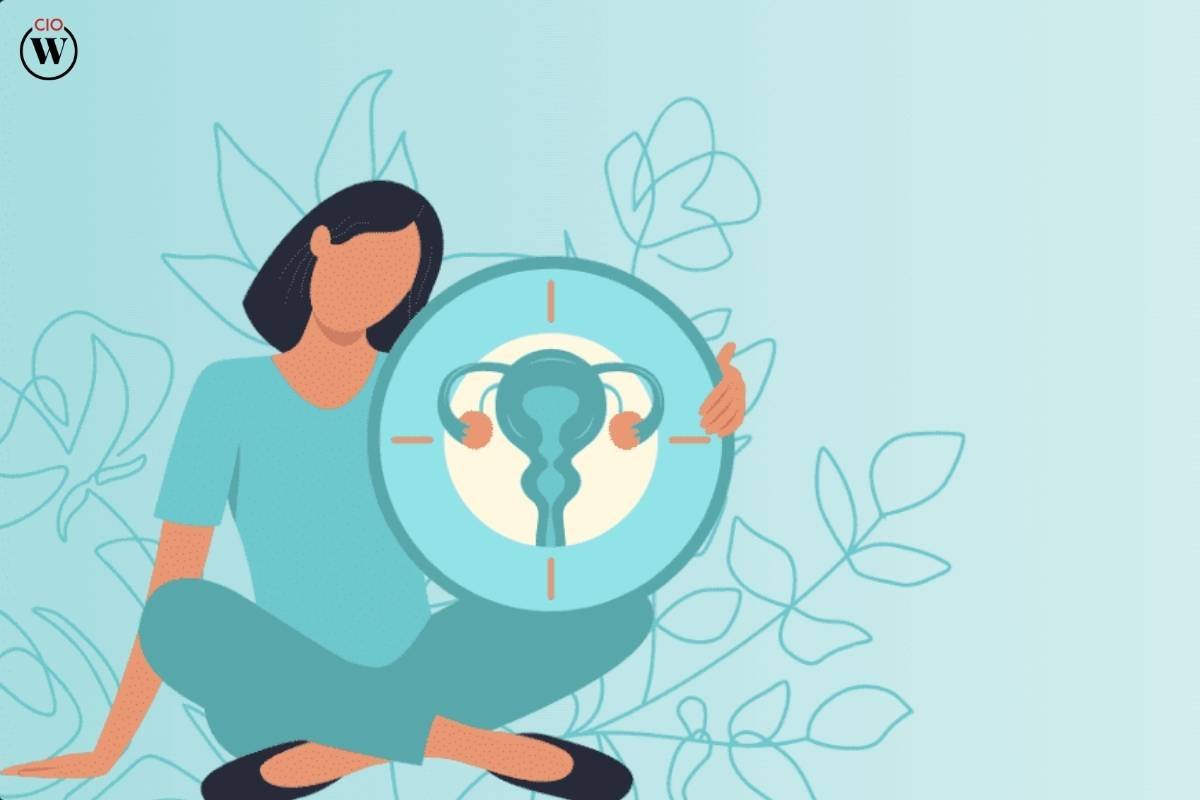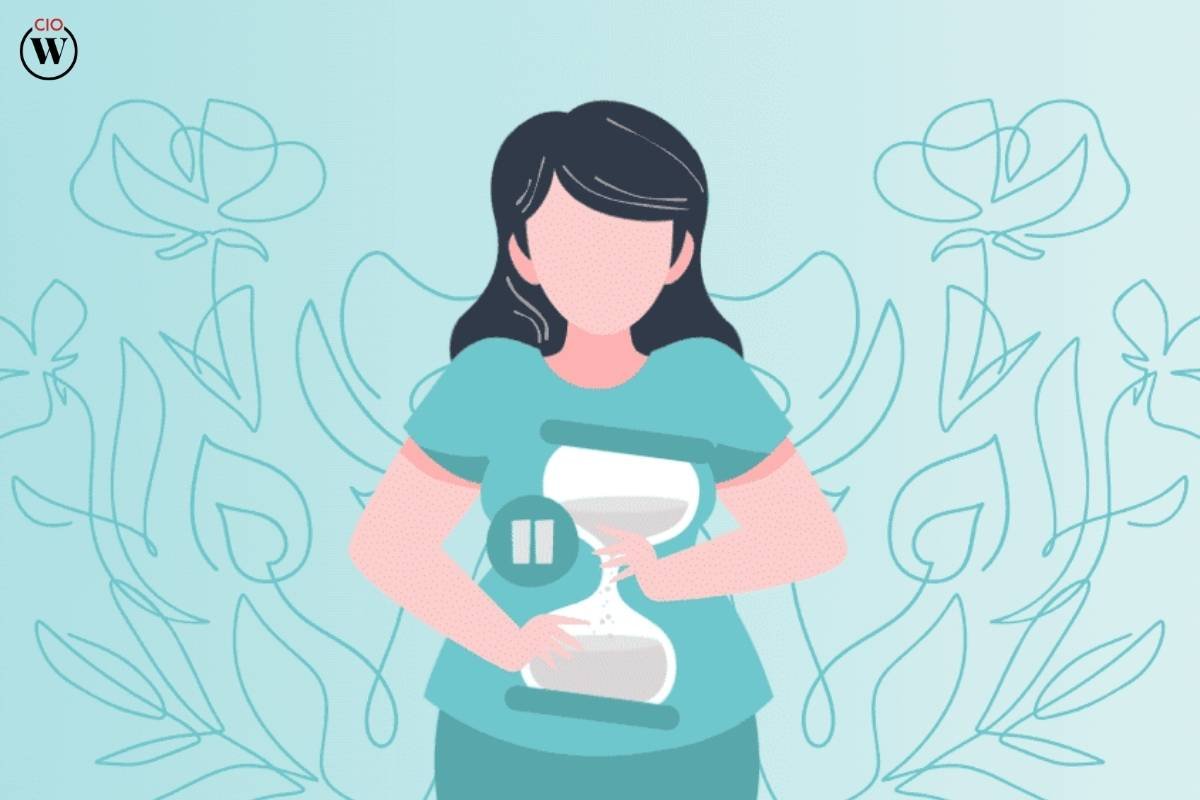Menopause, a natural biological phenomenon, transforms a woman’s life immensely. It isn’t as scary as it seems. When you know the proper ways to manage your symptoms, you won’t find menopause that challenging. What’s important is to instill awareness in women and help them learn and understand the changes their bodies may undergo during and after menopause. In this context, we had Dr. Karen Pike with us to guide women about menopause management tips.
Dr. Pike has been associated with the medical field for quite a while. Being a doctor, she came across several patients and found that the majority of women weren’t well aware of menopause. This urged her to create her website, Simply Menopause, through which she reached out to women globally. Let’s hear about menopause management tips from Dr. Pike.
Interview With Dr. Karen Pike
Hello Dr. Pike, We are glad you are with us to discuss menopause and management procedures. We cannot wait to hear your version. So, let’s get started.

Q. What are the stages of menopause?
Dr. Pike: Thank you for inviting me to speak on such a vital aspect. Yes, I do have women coming up to me and asking about ways to cope with the symptoms of menopause, which many women describe as tormenting and awful.
Menopause doesn’t happen right away unless you have gone through a surgical procedure involving the removal of both ovaries. You have to go through three stages, which include
perimenopause, menopause, and postmenopause.
Perimenopause is when you are nearing menopause. It is alternately called the menopause transition period. The average perimenopausal age is between 40 and 44. However, it may occur when a woman is in her 30s or late 40s.
The first signs that you are transitioning into menopause are irregular periods and inconsistency in blood flow. You will eventually start experiencing other symptoms also, like hot flashes, night sweats, sleep issues, etc.
Menopause is the time after perimenopause that happens when you haven’t had periods for twelve consecutive months.
Postmenopause comes after menopause when your reproductive stages finally end. The levels of estrogen and progesterone become excessively low. The symptoms begin to lessen in intensity and severity. However, the symptoms may last as many as ten years in some women. The reduced hormone levels put you at risk of health issues like bone problems and heart ailments. That’s why you have to be more cautious about your health.
Q. How do you manage hot flashes in menopause?
Dr. Pike: Hot flashes occur in approximately 80-85% of females. Those who have had hot flashes will know how uncomfortable it is to experience a flushed sensation on your chest, face, and neck. Here are some menopause management tips to follow if you are frequently troubled by hot flashes:

- Dressing in layers is essential. During a hot flash, you can shed some of your clothing when your body gets heated. Similarly, you could wear your jacket or shirt for warmth during chills.
- Keep a cold water bottle handy for relief during a hot flash episode.
- Avoid trigger foods like spices, caffeinated and carbonated beverages, and coffee. They could worsen your hot flashes.
- Stay away from smoking, as it may aggravate hot flashes as well.
- Try keeping your weight under control, as obese women are more prone to hot flashes.
Q. How to control vaginal dryness in menopause?
Estrogen helps to keep your vagina lubricated, elastic, and thick. Low estrogen levels make your vagina thin, dry, and inflamed, resulting in vaginal dryness. Around 50% of women experience vaginal dryness in menopause. If you want to know the ways to overcome or manage it and relieve your symptoms, here are some menopause management tips:

- Keep your vagina moisturized by using a vaginal moisturizer or water-based lubricants. Applying it a few times a week may help relieve dryness and discomfort in your vagina.
- Avoid using scented toiletries, soaps, or moisturizers in your vagina. That could cause further inflammation and irritation.
- When you engage in foreplay during sexual intercourse, it helps to increase the blood flow to your vagina and even enhances the secretions, thus minimizing dryness.
- You could even try estrogen therapy upon a doctor’s consultation that will help to substitute for the lessened estrogen levels. They are available as rings, creams, and tablets.
Conclusion
Hot flashes and vaginal dryness aren’t the only symptoms of menopause. There are many more, like sleep issues, mood swings, digestive issues, muscle aches, etc. Menopause management tips like exercising well, opting for breathing and relaxation techniques, maintaining a healthy diet, checking your weight, and controlling your anxiety levels will help immensely. Follow a proper sleep schedule, and stay rejuvenated.
Do not neglect your symptoms; contact a doctor whenever you have an issue. Do not pass it off as menopause. Early intervention may help in solving the problem quickly.
Also read: Embracing Vitality: The Journey of Healthy Aging for Women









